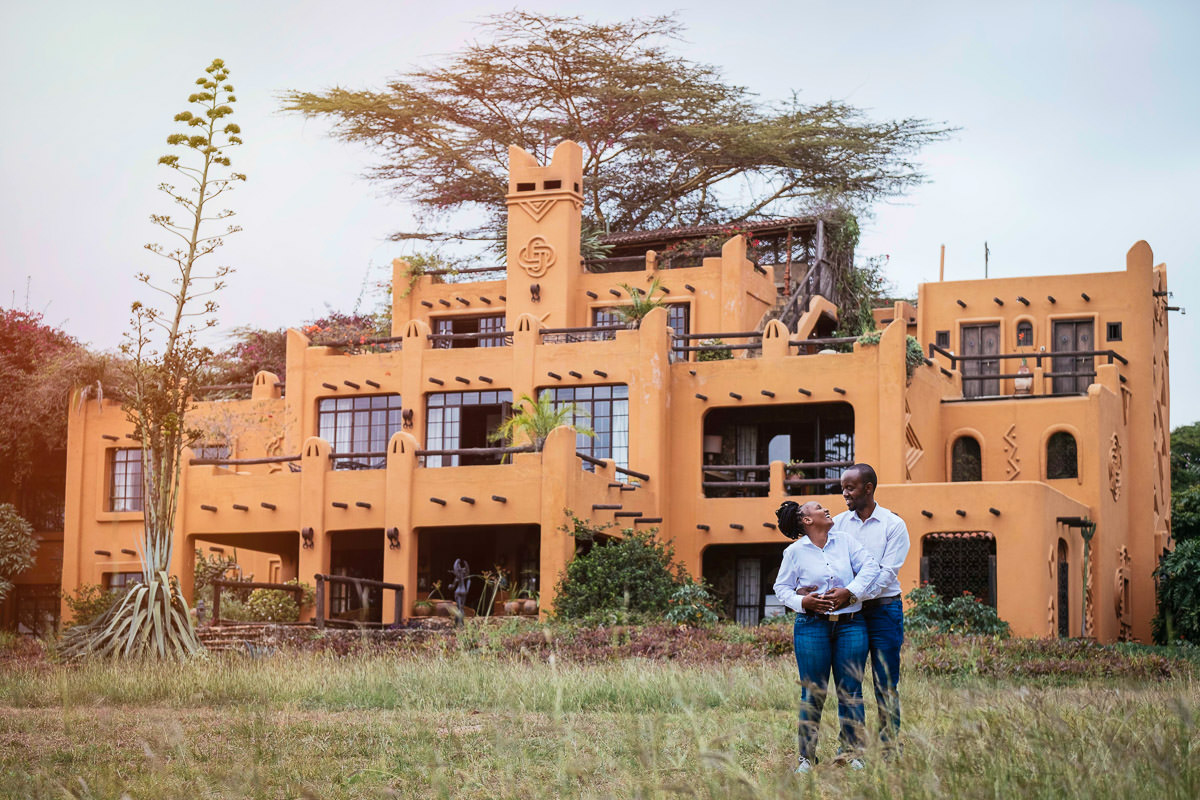
Who is a spouse? This is a husband or wife recognized by Law.
Marriage is the legal union of a couple as husband and wife (Black’s Law Dictionary pg. 3084). Under Article 31(1) a person of the age of 18 years and above has a right to marry. There are various forms of marriages in Uganda.
The forms of marriage recognized in Uganda include marriages conducted in accordance with the Marriage Act Cap. 251, Customary Marriage (Registration) Act Cap. 248, the Marriage & Divorce of Mohammedans Act, Cap. 252, the Hindu Marriage & Divorce Act, Cap. 250 and marriages contracted under or in accordance with any customary law recognized by the law of Uganda. A person can contract a marriage in any of the above forms.
Under section 2 of the Mortgage Act 2009 “matrimonial home” means a building or part of a building in which a husband and wife or, as the case may be, wives, and their children, if any, ordinarily reside together and includes;
(a) where a building and its curtilage (At common law, which derives from English law, curtilage has been defined as “the open space situated within a common enclosure belonging to a dwelling-house.” Black’s Law Dictionary of 1891 defined it as: “The enclosed space of ground and buildings immediately surrounding a dwelling-house) are occupied primarily for residential purposes, that curtilage and outbuildings on it; and
(b) where a building is on or occupied in conjunction with agricultural land or pastoral land, any land allocated by one spouse to his or her spouse or in the case of a husband, to his spouses for his, her, or their exclusive use;
Spousal Consent and the Matrimonial Home
Section 5(1) of the Mortgage Act, 2009 states;
Notwithstanding section 39 of the Land Act, a mortgage of a matrimonial home, including mortgage on customary land of a matrimonial home is valid if—
(a) any document or form used in applying for the mortgage(loan application form) is signed by or there is evidence from the document that it has been assented to by the mortgagor and the spouse or spouses of the mortgagor living in that matrimonial home;
(b) any document or form used to grant the mortgage (offer letter) is signed by or there is evidence that it has been assented to by the mortgagor and the spouse or spouses of the mortgagor living in that matrimonial home.
(2) For the purposes of subsection (1)—
(a) an intending mortgagee shall take reasonable steps to ascertain whether an intending mortgagor is married and whether or not the property to be mortgaged is a matrimonial home;
(b) an intending mortgagor shall make full disclosure to the intending mortgagee as to his or her marital status and whether or not the property to be mortgaged comprises the matrimonial home.
(3) The mortgagee shall be deemed to have discharged the duty under subsection (2), if the mortgagee obtains a marriage certificate issued in accordance with the laws of Uganda, and in the absence of it, a statutory declaration from the spouse or spouses of the mortgagor as proof of marriage.
 Consent to mortgage of matrimonial home.
Consent to mortgage of matrimonial home.
(1) Where a matrimonial home is the subject of an application for a mortgage, a mortgagee shall satisfy himself or herself that the consent of a spouse referred to in section 5 is an informed and genuine consent and that duty is deemed to have been complied with if—
(a) the mortgagee has—
(i) explained to the spouse or spouses of an applicant for a mortgage in the presence of an independent person, the terms and conditions of the mortgage which is being applied for; or
(ii) in writing, advised the applicant for a mortgage that he or she should ensure that his or her spouse or spouses receive independent advice on the terms and conditions of the mortgage which is being applied for; and
(b) the spouse or spouses, as the case may be, provide a signed and witnessed document to the effect that they have received independent advice on the mortgage which is being applied for and have understood and assented to the terms and conditions of the mortgage or that they have, notwithstanding the advice from the mortgagee, waived their right to take independent advice.
(2) In this section an “independent person” means any officer of the Government, a Justice of the peace, an advocate, a notary public, bank manager, a minister of any religion authorised to celebrate marriages, a medical practitioner and any other person authorised in that behalf by the Minister by statutory instrument.
(3) A mortgagee may take such other steps in addition to the steps set out in this section as he or she considers necessary and desirable to satisfy himself or herself that the assent of the spouse or spouses is informed and genuine.
(4) Where a person holds out to be providing independent advice as provided for under section 6(1)(a)(ii), such a person shall be liable on conviction to a fine not exceeding 120 currency points or to imprisonment not exceeding 60 months or both.
Highlights
- Spouse must give genuine consent
- Evidence of marriage to be sought
- Married mortgagor to make statutory declaration confirming marriage
- Spouse to make statutory declaration confirming marriage
- Mortgagee to advise mortgagor in writing that spouse to seek independent advice
Compiled by;
